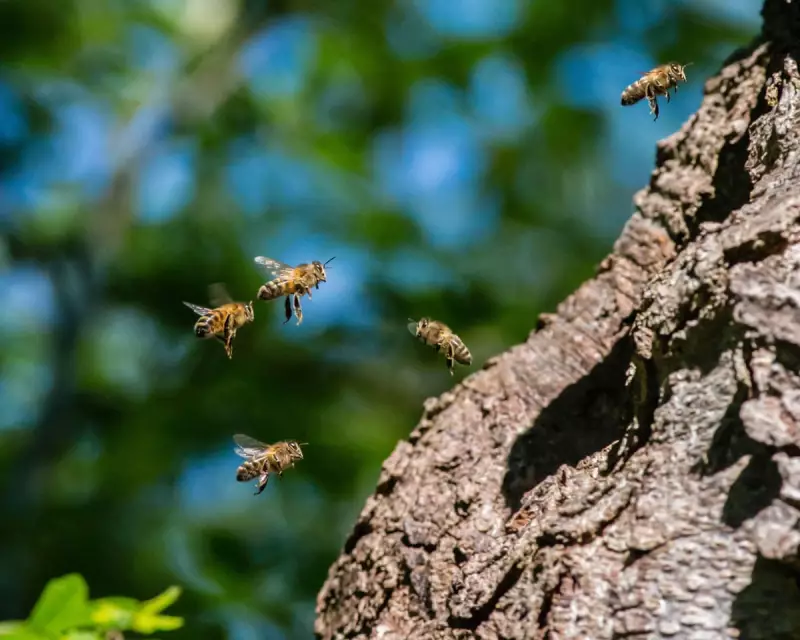
A startling new study has exposed an accelerating ecological crisis across Europe, with the number of wild bee species at risk of extinction having doubled within a single decade. This dramatic decline signals a potentially catastrophic threat to the continent's biodiversity and agricultural systems.
The Alarming Numbers Behind Europe's Bee Collapse
Recent comprehensive research reveals that the conservation status of Europe's wild bees has deteriorated at an unprecedented rate. What was once concern has now escalated into a full-scale emergency, with numerous species moving into threatened categories on the International Union for Conservation of Nature's Red List.
The scale of this decline is staggering - we are witnessing a biodiversity crisis unfolding in real time across our landscapes and farmlands.
What's Driving This Rapid Decline?
Multiple factors are converging to create this perfect storm for wild bee populations:
- Intensive agriculture and widespread pesticide use
- Habitat loss as natural landscapes are converted for development
- Climate change disrupting seasonal patterns and food sources
- Disease spread from managed honeybee colonies
- Pollution affecting both air and water quality
Why Wild Bees Matter to Our Ecosystems
Wild bees are not merely environmental ornaments - they serve as crucial pollinators for both wild plants and food crops. Their decline threatens:
- Food security for numerous crops that depend on pollination
- Ecosystem stability as plant reproduction becomes compromised
- Genetic diversity in both cultivated and wild plant species
- Agricultural economies that rely on natural pollination services
The situation has reached a critical point where immediate, coordinated action is essential to prevent irreversible damage to our natural world, conservation experts warn.
A Call to Action Before It's Too Late
This research serves as a stark warning that current conservation efforts are insufficient to counter the rapid decline. Scientists are urging policymakers, farmers, and the public to implement stronger protective measures before more species are lost forever.
The fate of Europe's wild bees hangs in the balance, and with them, the health of ecosystems that sustain both wildlife and human populations across the continent.





